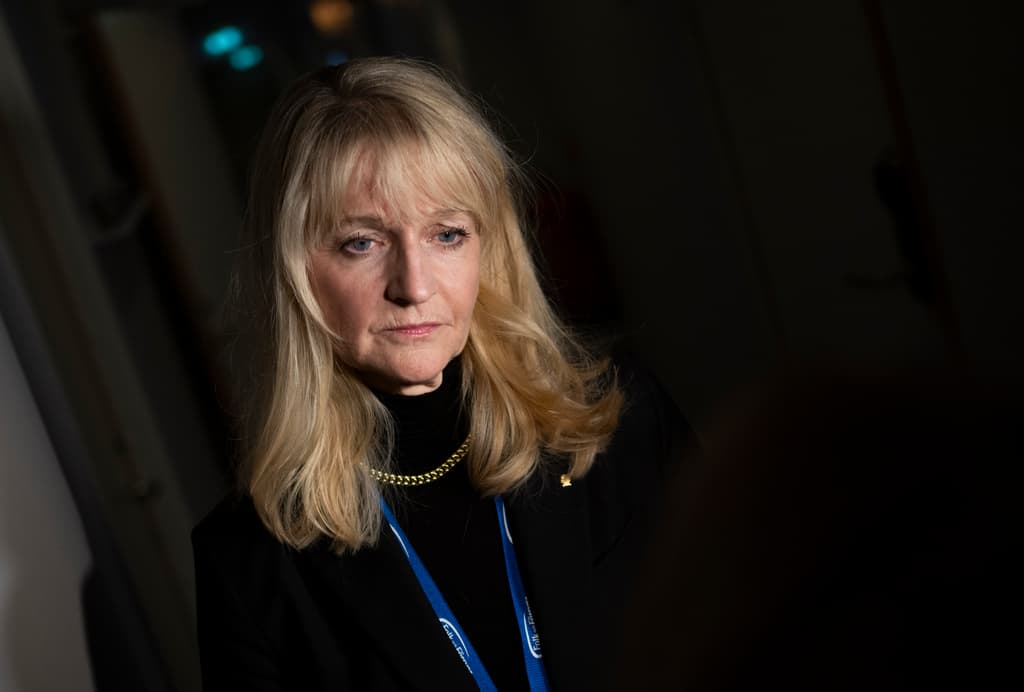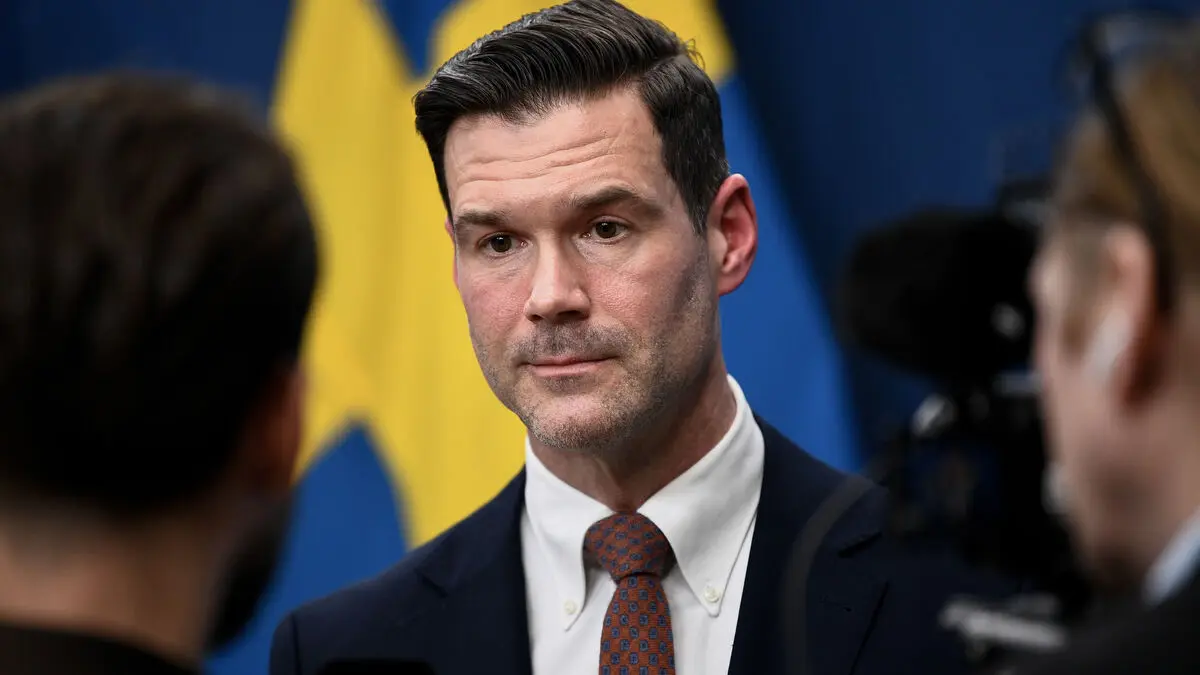Sweden is no longer as exposed to propaganda from violent Islamism, according to Säpo.
According to Säpo chief Charlotte von Essen, this could mean that Sweden is going from being a priority target to a legitimate target.
This is a positive development, she says to TT.
It was in August last year that Säpo raised the terror threat level in Sweden to a four on a five-point scale.
Koran burnings and the LVU campaign made Sweden a priority target for violent Islamism.
The terror threat level remains at the high level, says Charlotte von Essen. But the propaganda has decreased.
The propaganda can drive the threat, when the propaganda decreases, it can also mean that the threat decreases. But we need to see that in the long run, she says.
Focus on the OS
In the past, Sweden has been a legitimate target for violent Islamism, says von Essen.
With this change, we can possibly say that we are more likely to be a legitimate target like other Western countries. But that does not mean that there is no threat against Sweden, says Charlotte von Essen and continues:
It's not black or white. I'm content with stating that we see a change and that we are no longer in the spotlight, it's a positive development.
Can it become relevant to lower the terror threat level?
We need to look at the overall picture and see that a different situation persists over time. We have a long-term strategic scale and look six months or a year ahead in time. Now we are facing a summer where we have an OS in Paris. We need to follow the development and see how the security situation looks like to assess the terror threat level further ahead.
Iran's influence
But there are also other things that affect the security situation in Sweden. During the spring, Säpo has announced that Iran is using criminal gangs in Sweden to carry out targets against, among other things, Jewish and Israeli interests.
That a foreign power uses proxies in this way, we have seen in the West for several years, but we have seen a change in Sweden during the spring. It's a bad development, says von Essen.
How widespread is it?
I cannot go into details about it, but for us, it's important to convey the image of the change we've seen, where one uses criminal networks as a tool.
Besides that, Säpo has also seen a change in the threat from Russia during the spring.
Russia is acting more offensively against the West. And we can conclude that we now see an increased risk of sabotage threats against military support to Ukraine, also in Sweden, says Charlotte von Essen.






